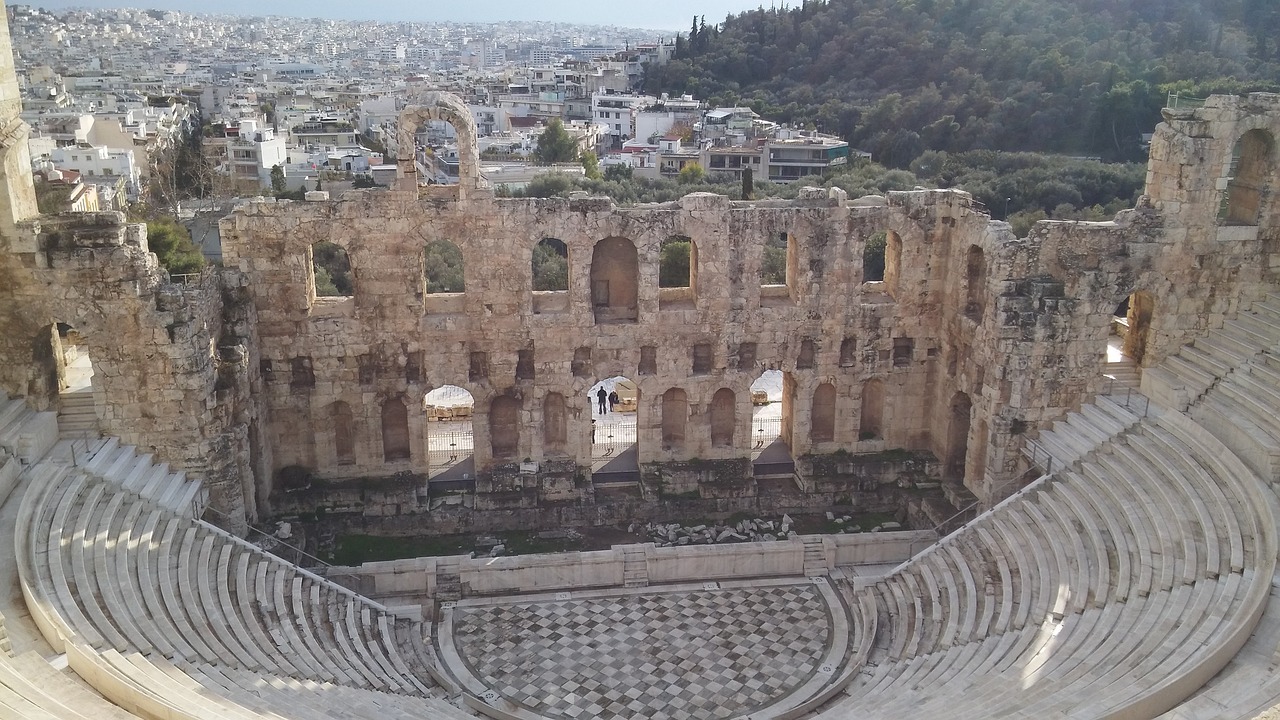Greek mythology comprises a rich tapestry of stories about deities, heroes, and ancient rituals that shaped the beliefs and practices of the ancient Greeks. While the notion that these myths were entirely factual was prevalent among many people, critical thinkers like Plato in the 5th–4th centuries BCE acknowledged their fictional elements. These myths have left a lasting mark on Western culture, nurturing the arts and literature throughout history. Myths serve universal purposes, explaining natural events, chronicling heroics, or justifying societal norms; however, none have matched the allure and fascination of Greek mythology in the Western imagination.
Literary and Archaeological Origins
Important sources of Greek mythology include significant literary works such as the Homeric epics—the Iliad and the Odyssey—attributed to the poet Homer. These texts provided foundational narratives that infused their characters and stories with rich meaning, as noted by the ancient historian Herodotus. The Iliad introduces recognizable figures, like Apollo, whose patronymics evoke immediate recognition for the audience familiar with the myths.
Hesiod’s contributions, particularly in Theogony and Works and Days, delve into the genealogy of the gods and the dynamics of justice and morality. His Theogony serves as a key text detailing divine lineage, while Works and Days addresses practical wisdom concerning a farmer’s life intertwined with themes of justice and ethics.
Additional Literary Contributions
Beyond Homer’s and Hesiod’s works, other post-Homeric epics and the Homeric Hymns have played a vital role in expanding Greek mythological narratives. Lyric poets, particularly Pindar, celebrated rich mythological traditions that informed their odes. The tragedies penned by Aeschylus, Sophocles, and Euripides also showcase a plethora of mythological themes and moral quandaries.
During the Hellenistic period, poems like those of Callimachus captured lesser-known myths, while the mythographer Euhemerus proposed that many gods were once human entities—a theory that carried significant implications for the interpretation of mythology. Apollonius of Rhodes offered an expansive account of the Argonauts’ quest for the Golden Fleece.
Archaeological Insights
Archaeological findings have revealed essential details about ancient Greek mythology’s evolution. The discovery of Mycenaean and Minoan civilizations played a crucial role in illuminating myth and ritual’s historical context. Notable figures like Heinrich Schliemann and Sir Arthur Evans were instrumental in identifying these ancient cultures, which spanned the 2200 to 1200 BCE periods, bridging the wealth of oral histories and physical artifacts.
Despite the discovery of monumental evidence, much of this early Greek knowledge remains elusive due to the limitations of the Linear B script, which was mainly used for recording economic inventories without direct references to mythology. However, geometric pottery designs from the 8th century BCE reveal glimpses of mythological scenes, yet without adequate inscriptions, the specific narratives often remain obscured.
In the periods following the Archaic, Classical, and Hellenistic eras, traces of earlier myths became interwoven with new artistic expressions, reaffirming the lasting impact of Greek mythology on literature and culture.



